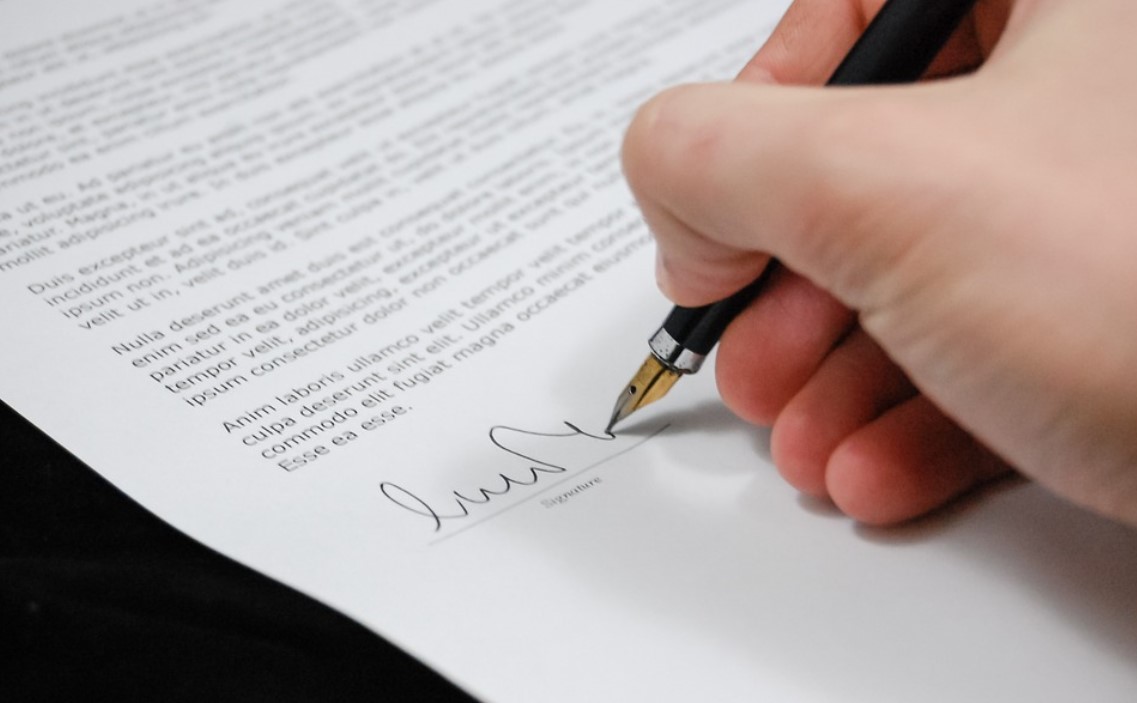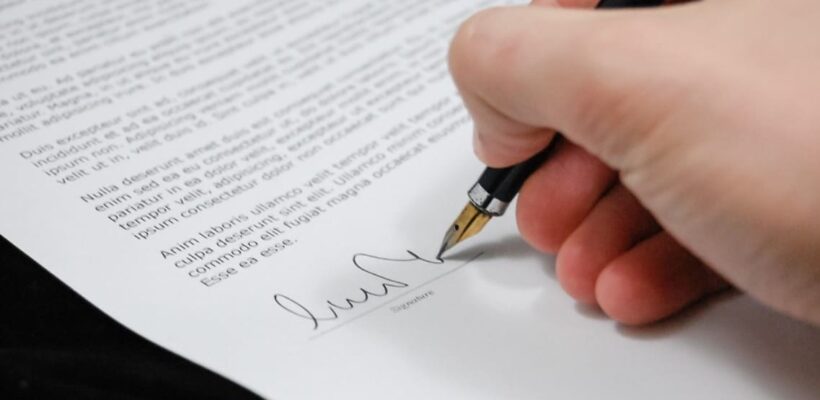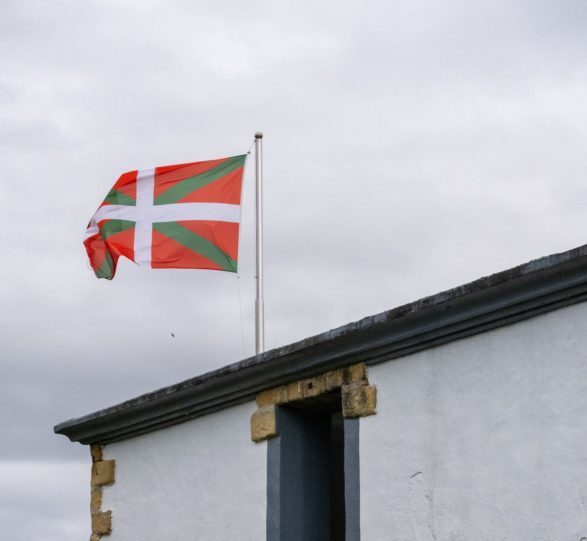If you want to have an official and international document validated in your country, you might just need to provide a translated Hague apostille. What does this mean? This is a form of recognition that ensures the document’s legal value in all countries party to the agreement. However, if you want to find out more about this topic or the steps you’ll have to follow, read on to find out everything you need to know.

What is the Hague apostille?
On 5 October 1961, more than 82 countries signed The Hague Convention, seeking to shorten and streamline the process of translating and approving official documents. Until then, this was only possible via consular-diplomatic channels – a procedure that required much longer and more complicated formalities.
From then on, with the apostille alone, all signatories have recognized and accepted the legal validity of the documents in question, without the need for any other type of verification. Physically, this is a stamp attached to the foot of the document – though at times it can also be placed on the reverse.
Although it is assumed that any text bearing this stamp will be valid, if you want to use it in a country in which the document’s language is not spoken, you’ll need to request a translation of the Hague apostille from a sworn translator. While this is not legally required, it will save you a great deal of hassle and plenty of time in getting all your documents prepared and authenticated.
What documents are required?
No documentation is required to have the Hague apostille attached to your official records, as long as it has been issued by one of the official institutions authorized to do so. In the UK, for example, this refers to the Foreign & Commonwealth Office.
On the other hand, even if you know at the time of receiving a document that you will require a sworn translation, it’s important that you wait until the apostille has been affixed. The content of this stamp will also need to be included in your translation in order to ensure full validity.
Finally, we recommend checking the validity of this stamp in the receiving country. For example, in theory, documents issued in the EU will not require an apostille for use in other member states. However, some institutions may still request one, and as such it’s always worth checking with the institutions requiring the documentation beforehand. What’s more, you should always bear in mind that the apostille is intended to certify the authenticity of the deed in the original language. However, this document must also be valid in itself.
The price of translating a Hague apostille won’t present any significant extra expenses, as it is already included in the total. In fact, this stamp is often offered in several languages, meaning that its translation will only be necessary if the country in which you intend to present it does not use any of those included as its official language.
What is it used for?
As we explained above, the Hague apostille is used to validate official documents – but, which types of documents does this include? These mainly concern public certificates such as:
- Court documents: such as sentences, regulatory agreements and any other type of deed that presents a ruling from a judge, secretary or parquet.
- Administrative documents, issued by the civil service. This could be proof of registration on the electoral roll, or matters relating to the property register, for example.
- Official certifications on private documents. Such is the case, for example, with notarized certificates of authenticity or other deeds issued by notaries public.
On the other hand, not all deeds issued by official bodies are considered valid or eligible to receive the apostille. The exceptions to this type of validation include the following documents:
- Consular documents.
- Those issued by customs authorities.
- Those that, as a result of international agreements, are exempt from the need for the apostille.
- Criminal-record certificates and other legal registries to be used as certifications in other countries.
Request a quote from Blarlo for the sworn translation of the Hague Apostille.
At Blarlo, we offer the services of translators who can help translate your texts into nearly 600 languages. Request a quote to translate your apostilled document and ensure quick and high-quality work from one of our sworn translators. Once you send us your document, one of our professionals will get to work on it in just a few minutes.
Find our details in the contact section and let us know your needs. We offer personalized support at any time, and we’ll help you to choose a service that meets your needs for the translation of a Hague Apostille. You’re guaranteed to be satisfied with the results. Enjoy the peace of mind of knowing that you are in good hands!






